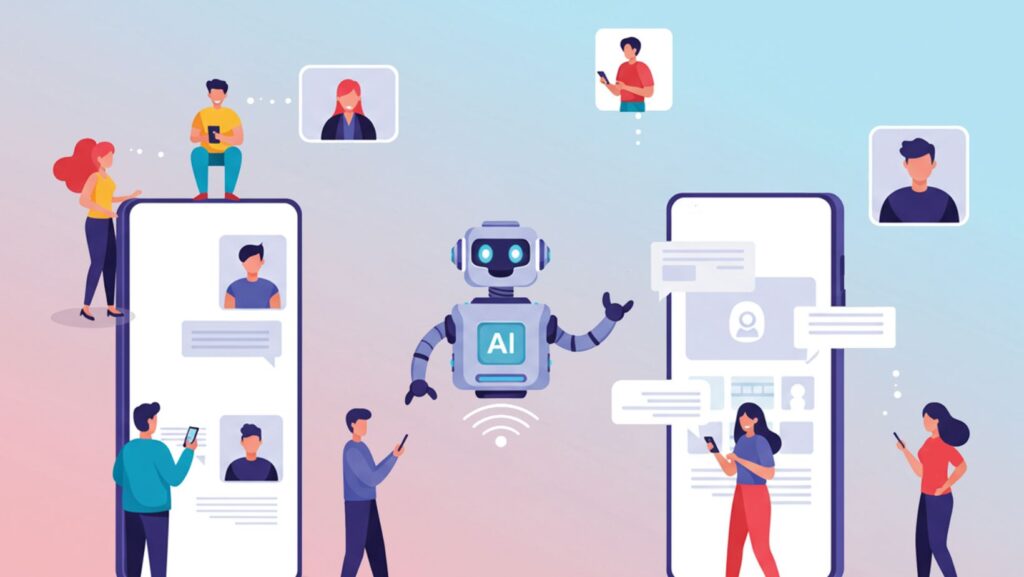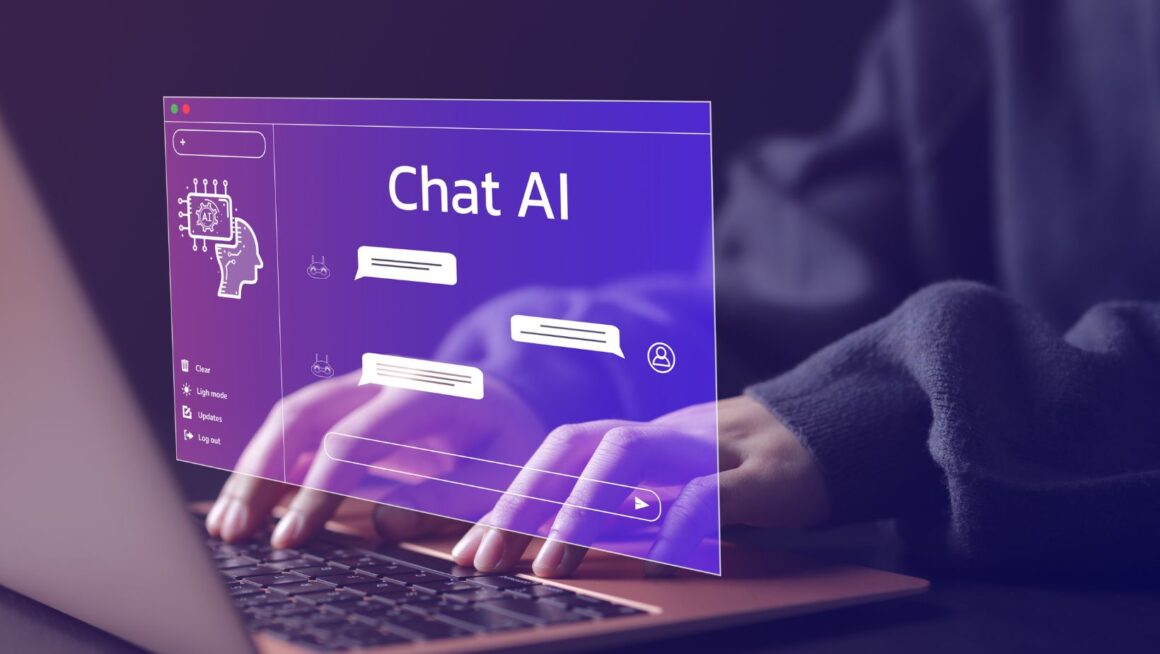
Artificial intelligence is no longer a distant concept—it is reshaping how healthcare and social care are delivered today. In the care sector, the use of ai in home care is opening up new opportunities to provide better care for people in their own homes, helping them live more independently while supporting family members and carers. By using cutting edge technology, providers such as Careline Home Support can focus on what truly matters: delivering personalised, compassionate care with the human touch at its heart.
The Role of AI in Home Care
The rise of artificial intelligence ai in healthcare is not about replacing humans—it is about enhancing care. From medication management to monitoring vital signs like blood pressure and heart rate, ai powered systems can provide real-time insights. These tools help carers and occupational therapists detect early warning signs of illness, reducing unnecessary hospital admissions and enabling timely interventions.
In adult social care, ai is particularly valuable because it can automate paperwork and routine administrative tasks. This allows carers to spend more time on meaningful human interaction, strengthening the essential connection between patients and their loved ones.
Harnessing Cutting Edge Technology for Better Outcomes
The promise of ai lies in its ability to harness cutting edge technology to deliver improved outcomes. Digital monitoring devices, for example, can alert carers when a patient’s blood pressure rises or when there is a risk of falls. Such systems don’t just reduce emergency visits to hospital; they also offer reassurance to family members who want peace of mind about the wellbeing of their loved ones.
Ai can also assist in treating sickness by providing carers with data-driven recommendations and care plans. This doesn’t replace clinical expertise but offers digital solutions that support decision-making and ensure patients receive exactly the kind of care they need at the right time.
Balancing Technology and Human Touch
One of the potential risks of relying too heavily on technology is losing sight of the importance of human connection. People receiving care—whether in a care home or their own homes—need compassion, empathy, and meaningful conversation. While ai technology can monitor health trends, it cannot replace the role of carers who deliver the reassurance, companionship, and social support that patients value most.
Home care services that combine innovation with the human touch are best placed to transform social care. By allowing carers to focus on building trust and relationships, ai powered systems work in the background, reducing stress and ensuring safer, more efficient care.
Supporting Carers and Improving Efficiency
Carers often face heavy workloads, completing endless paperwork and managing complex care plans. Artificial intelligence can reduce this burden by helping automate paperwork and other time-consuming tasks. For example, digital solutions can log patient information, track medication schedules, and update records automatically. This frees up carers to concentrate on direct support, whether that means helping with daily life activities, managing pain, or providing emotional comfort.
Efficiency is not just a business benefit; it directly improves the quality of care. When carers spend less time on administration, patients receive more attention and enjoy stronger connections with those supporting them.
Enabling Patients to Stay in Their Own Homes
For many people, the greatest benefit of ai in home care is the ability to remain in their own homes rather than moving into a care home. Technology can deliver safety, security, and reassurance without disrupting familiar routines.
Monitoring tools can track health markers such as heart rate, blood pressure, and sleep patterns. Alerts can be sent to carers or family members when risks arise, such as a fall or sudden changes in wellbeing. This early intervention reduces hospital admissions and enables better care planning.
By combining these insights with professional support, carers can create care plans that reflect both health needs and personal preferences. This ensures that patients enjoy a higher quality of life, surrounded by loved ones and their community.
Innovation in Medication Management
Medication errors are a common issue in healthcare and social care. Ai technology provides solutions that help reduce these risks. Automated reminders, digital pill dispensers, and data-driven review tools can ensure medication is taken at the right time and in the correct dose.
These innovations not only improve safety but also give family members and carers confidence that patients are receiving exactly the kind of support they need. For residents with complex conditions requiring multiple medications, ai powered tools can transform outcomes by preventing mistakes and supporting long-term health.
Education, Research, and Future Opportunities
Universities, research teams, and technology companies are exploring new ways to transform social care using artificial intelligence. From pain management algorithms to predictive analytics that forecast hospital admissions, the future of healthcare looks increasingly digital.

Education and training are equally important. Carers need to understand how to use ai powered tools effectively while maintaining the essential human connection. With proper support and guidance, the workforce can harness cutting edge technology to deliver better services without losing sight of compassion.
Security and Potential Risks
While the benefits of ai in home care are clear, there are also potential risks. Data security is a key concern, as sensitive health information must be handled responsibly. Patients and family members need confidence that personal information is protected, and care providers must follow strict standards to ensure compliance.
There is also the risk of over-reliance on technology. Ai should support, not replace, human judgement. Maintaining balance between digital solutions and human interaction is vital for protecting dignity, independence, and trust in the care sector.
A Future of Better Care
The use of ai in home care represents one of the most significant innovations in adult social care. By enabling carers to focus on human interaction while automating repetitive tasks, artificial intelligence can transform social care and deliver more efficient, compassionate services.
From reducing paperwork to supporting medication management and preventing hospital admissions, ai powered tools are already improving lives. Yet the most important part of care will always remain the human connection between carers, patients, and loved ones.
As the sector continues to embrace innovation, the challenge will be to balance technology with empathy, ensuring that the future of healthcare delivers both efficiency and compassion. By combining the power of artificial intelligence with the warmth of human touch, home care services can provide exactly the kind of support that improves quality of life for all.












